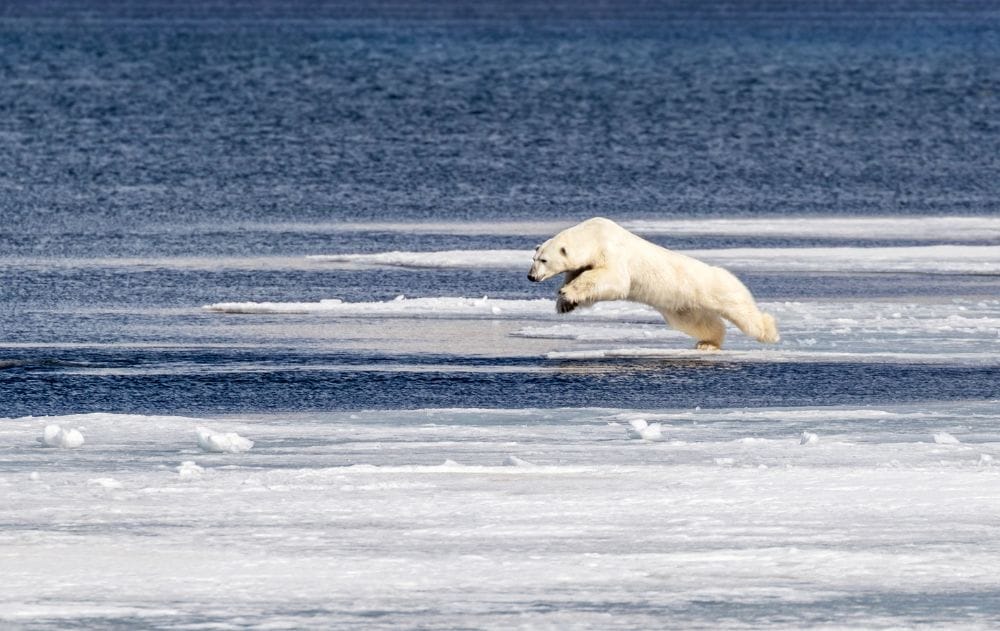
A pair of Turkish wildlife photographers found themselves with their feet firmly placed inside of their mouths after posting a boisterous and uninformed video criticizing sustenance hunters in the Canadian north.
The controversy swiftly unfolded last week in Arctic Bay, Nunavut, when the pair of photographers had their sites set on documenting the apparent effects of climate change but were interrupted by a group of polar bear hunters.
In true activist fashion, the pair quickly became agitated that a group of people had thrown a wrench into their righteous plans. Learning that the group that had gotten in their way were hunting polar bears only seemed to add insult to injury, sending the two men into a complete meltdown.
The two photographers, Süha Derbent and Murat Uslu, were in the middle of a 10-day expedition to document the impacts of climate change and photograph polar bears when they encountered a group of Inuit hunters in Arctic Bay. The photographers were soon barred by local outfitters from approaching an ice floe where a polar bear hunt was taking place, a restriction rooted in safety and respect for the ongoing subsistence activity. Frustrated, the pair posted a video online, condemning the hunt as an "unacceptable injustice" and urging viewers to drop everything and take up arms in an effort to oppose polar bear hunting.
Again, much like many who ignorantly oppose something they know nothing about, they were soon educated about the practice. Comments about how it is a deeply rooted cultural and economic tradition for Inuit communities, regulated under strict quotas to ensure sustainability, soon came pouring in.
The video drew sharp criticism from the local Inuit community, who viewed the remarks as an attack on their way of life. Facing backlash, Derbent and Uslu removed the video and issued an apology through CBC News, expressing respect for Inuit culture. However, their statement revealed a lingering misunderstanding of the hunt’s significance, framing it as a practice they still found difficult to accept.
Polar bear hunting in Nunavut is a cornerstone of Inuit culture, providing food, clothing, and income through the sale of hides and guided hunts. Unlike sport hunting, which is often misconstrued by outsiders, Inuit hunting is a subsistence practice, tightly regulated by the Canadian government and local agreements. In Nunavut and the Northwest Territories, only Indigenous communities are permitted to hunt polar bears, with annual quotas set to protect the species’ population, estimated at 16,000 across Canada.
Globally, polar bear hunting is heavily restricted. Norway has banned it outright, while Greenland enforces similar quota-based regulations. In the United States, polar bears are listed as endangered, with hunting permitted only for Alaskan Natives for subsistence purposes. These regulations reflect a balance between conservation and respect for Indigenous rights, a nuance often overlooked by visitors like Derbent and Uslu.
The incident underscores a recurring challenge: the clash between external perceptions and legally-sanctioned hunting seasons, whether for Indigenous communities or the general public. Nooks Lindell, a local artist in Arctic Bay, noted that such misunderstandings are not uncommon, as tourists often arrive with preconceived notions about wildlife and hunting. The photographers’ initial assumption that the hunt was for sport rather than survival reflects a broader lack of awareness about Inuit lifeways.
"We've lived here for so long. We've lived with the environment. And being told, you know, [you] have to conserve nature and you have to respect nature — that's how we lived. This is still how we live,” Lindell told CBC News. "And then if there's any issues, that's for Inuit to decide," he said. "That's not for outsiders that don't live here. That's not for them to decide on."
The swift removal of the video and the photographers’ apology mitigated some of the damage, but the pair still closed with something of a complaint, citing the fact that their rights were seemingly stripped away in favor of the hunters.
“We didn’t have any rights,” Derbent said. “Hunters did. And that was the reason we said whatever we said. It was nothing to do with anything whatsoever with the culture of Inuit.”
So much for bowing out gracefully.

